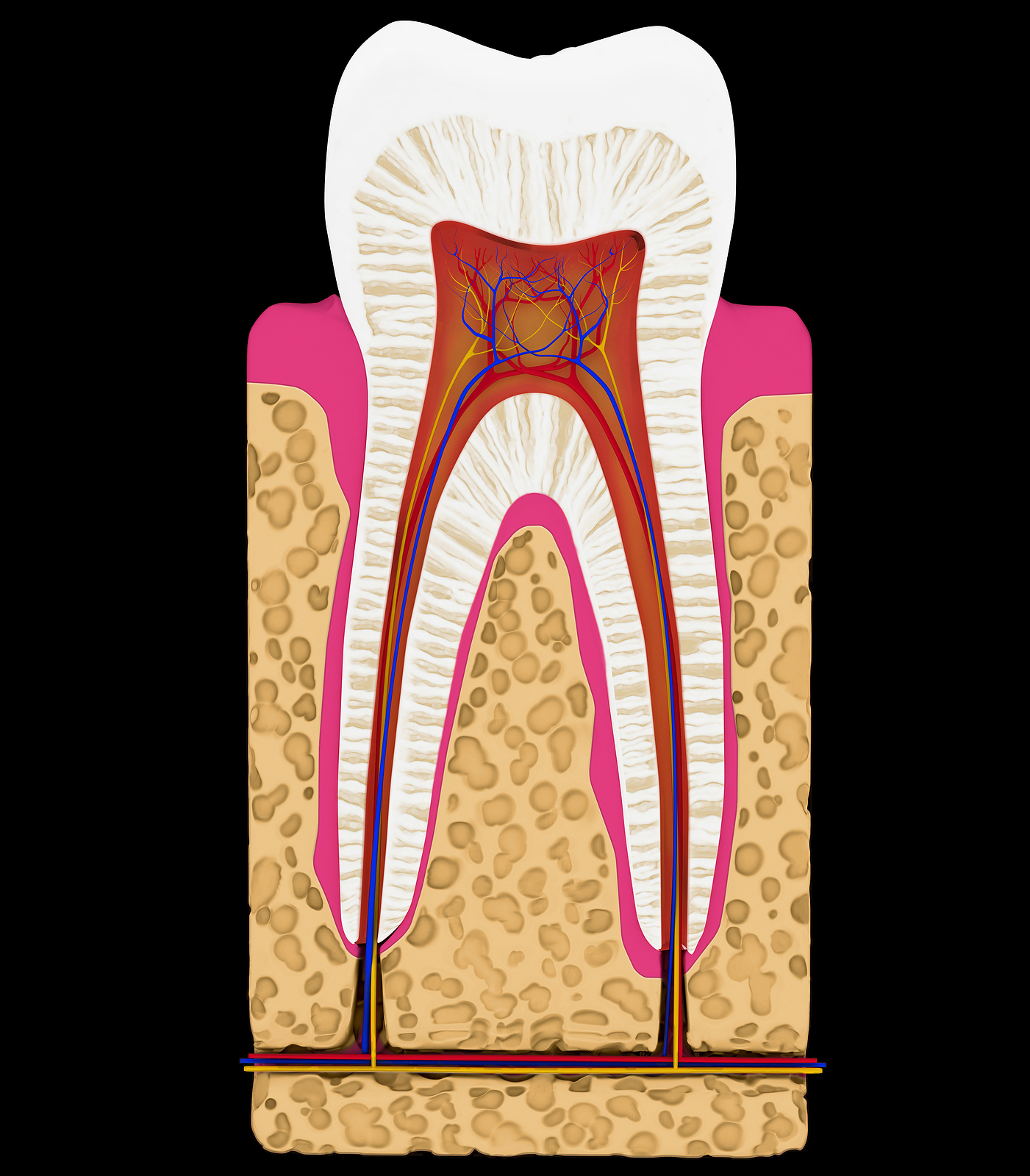Root Canals
Root Canals

A root canal, also known as endodontic treatment, is a dental procedure that aims to save a severely damaged or infected tooth. It involves removing the inflamed or infected pulp from the inside of the tooth and cleaning out the canals where the roots are located. The empty canals are then filled with a rubber-like material called gutta-percha to seal them off and prevent future infection.
Signs That You May Need a Root Canal
Tooth pain can be incredibly uncomfortable, and it's important to know the signs that may indicate you need a root canal. Here are some common symptoms:
- Persistent toothache: If you have a constant or recurring toothache that doesn't go away with over-the-counter pain medication, it could be a sign of an infected tooth.
- Sensitivity to hot or cold: If you experience sudden and intense pain when consuming hot or cold foods and beverages, this could be another indication of an underlying issue.
- Swollen gums: Inflammation around the affected tooth may cause tenderness, redness, or swelling in your gums.
- Discoloration: A darkening or discoloration of the tooth is often a sign that the nerve inside has become damaged.
- Gum abscess: A pimple-like bump on your gum that oozes pus can indicate infection spreading from the root of your tooth.
- Loose teeth: An infected tooth can weaken its surrounding structures, causing it to become loose over time.
If you're experiencing any combination of these symptoms, it's crucial to visit our dentist as soon as possible for an evaluation. Remember, early detection and treatment are key to preventing further complications!

The Process of Getting a Root Canal
The process of getting a root canal may sound intimidating, but it is actually a relatively simple and straightforward procedure. First, our dentist will start by numbing the area around the affected tooth using a local anesthetic. This ensures that you won't feel any pain or discomfort during the procedure. Once you are numb, the dentist will use special tools to create a small opening in the tooth.
Through this opening, they will carefully remove the infected pulp from inside the tooth. The pulp contains nerves and blood vessels that have become damaged or infected. By removing it, the dentist can eliminate the source of pain and prevent further infection. After cleaning out the pulp, our dentist will shape and disinfect the root canals before filling them with a rubber-like material called gutta-percha. This material helps to seal off the canals and prevent reinfection.
In most cases, a temporary filling is placed on top of the gutta-percha until a permanent restoration, like a dental crown, can be placed on top of it to strengthen and protect against future damage.

Aftercare and Recovery
After undergoing a root canal, taking proper care of your teeth and gums is essential for a smooth recovery. Here are some important tips to keep in mind during the aftercare period.
- It's common to experience some sensitivity or discomfort following the procedure. Over-the-counter pain medications can help alleviate any pain or swelling that may occur. Additionally, applying an ice pack to the affected area can provide relief.
- For the first few days after the root canal, it's crucial to avoid chewing on hard or sticky foods. Opt for soft foods that won't put unnecessary pressure on your treated tooth. Incorporating a balanced diet with plenty of fruits and vegetables will aid in healing as well.
- Maintaining good oral hygiene is vital during this time. Gently brush your teeth twice a day using a soft-bristle toothbrush and fluoride toothpaste. Be sure to clean around the treated area carefully but without causing any discomfort.
- It's also recommended to rinse with warm salt water several times a day. This natural remedy helps reduce inflammation and promotes faster healing of tissues.
- Follow up with the dentist for any necessary appointments or check-ups post-root canal treatment. They will monitor your progress and ensure everything is healing properly.
By adhering to these aftercare guidelines, you'll give yourself the best chance at a successful recovery from root canal therapy while maintaining optimal oral health!
Bee Family Dentistry, located in San Antonio, TX, is equipped with the best dental professionals and technologies and provides high-quality, gentle dental care to patients of all ages. Call us today at (210) 690-9430 to schedule an appointment with Dr. Bee.

Working Hours
- Monday: 9:00 am - 5:00 pm
- Tuesday: 9:00 am - 5:00 pm
- Wednesday: 9:00 am - 5:00 pm
- Thursday: 9:00 am - 5:00 pm
- Friday: Closed
- Saturday: Closed
- Sunday: Closed
